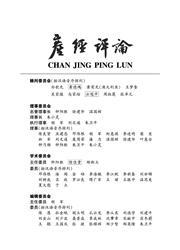

 中文摘要:
中文摘要:
盈余管理是一个令全球投资者和政府关注,但一直未能得到有效解决的问题。使用修正的Jones模型对1999—2010年中国上市公司的盈余管理进行估计,可以看出中国上市公司存在较为严重的盈余管理,盈余水平与总资产之比的平均值为7.6%左右。对公司治理变量与盈余管理之间关系作进一步的实证研究发现,第一大股东持股比例对盈余管理存在显著的正向影响,第二到第十大股东持股比例和高管持股比例对盈余管理的影响显著为负;民营控股企业进行盈余管理的倾向高于国有控股企业。这些结果意味着,中国需进一步完善上市公司治理机制,降低盈余管理的幅度。
 英文摘要:
英文摘要:
Through estimating earnings management of China's listed companies from the year of 2000 to 2010 by using the modified Jones model, we find that there exists serious earnings management in China's listed companies and the ratio of earnings level reach to about 7.6 percent at average level. The paper gates the relation between corporate governance and earnings management from the perspective of agency.Through empirical analysis, we find that it is significantly the first large shareholder on earnings management. The from the second shareholder to the tenth shareholder and positive for the impact of the shareholding ratio of shareholding ratios of other shareholders including the shareholding ratios of executive managersboth have negative impact on corporate earnings management. Private holding has higher tendencies than state - owned holding for earnings management. The above results mean that the level of earnings management will decrease only through improving the mechanism of China's listed companies.
 同期刊论文项目
同期刊论文项目
 同项目期刊论文
同项目期刊论文
 期刊信息
期刊信息
